Thanks to its academic expertise and the density of its eco-system in the digital sector, Grenoble, recently given the "French Tech" label, has a major role to play.
The digital field is also one of UGA’s strongest fields of expertise, with three Instituts Carnot - Logiciel et Systèmes Intelligents,
Inria,
LETI and ICI, as well as the
IRT Nanoelec,
Minalogi and the Labex
Persyval Lab. The local digital agenda can also rely on the three Labex projects Persyval Lab,
AMIES and
MINOS.
Our motto is to support a digital revolution at the service of human beings and society. Therefore, our approach is user-centric, and multi-scale: from the individual to the group and society. It concerns all aspects of life (personal, professional, public) and all forms of activity (perception, cognition, action). It is applicable to social, economic and scientific concerns.
One priority is the integration of new methodologies based on computing into humanities and social sciences. Our guiding principle is that the researcher should not simply be a user of the technology, but also be part of its design and development. When adequately conceived, these tools improve data acquisition, treatment and analysis, and enable new forms of research and knowledge dissemination. They allow new creation processes and new uses, and affect the way society perceives science and innovation. Those fields study the effects of numeric development in society.
This action will notably benefit from the expertise of the TGIR HumaNum at CNRS, a bridge towards international associations active in digital humanities.
Another priority focuses on smart human and digital (eco)systems, at the crossroads of the cyber, physical and biological worlds. Such systems raise new challenges including interoperability, dynamicity, adaptability, security and ethics. Our approach is based on co-design and addresses hardware (eg miniaturization, biological interfaces, energy-memory consumption, robotics), software (eg resources / safety-aware design, distributed runtime support), data (big data analysis, image and video processing, simulation, optimization, prediction), usage and interaction (eg computer-human interaction, cognition, augmented and virtual reality), controlling (big data and modelling, simulation, optimization of complex systems, security) as well as multi-scale deployment and self-regulation.

